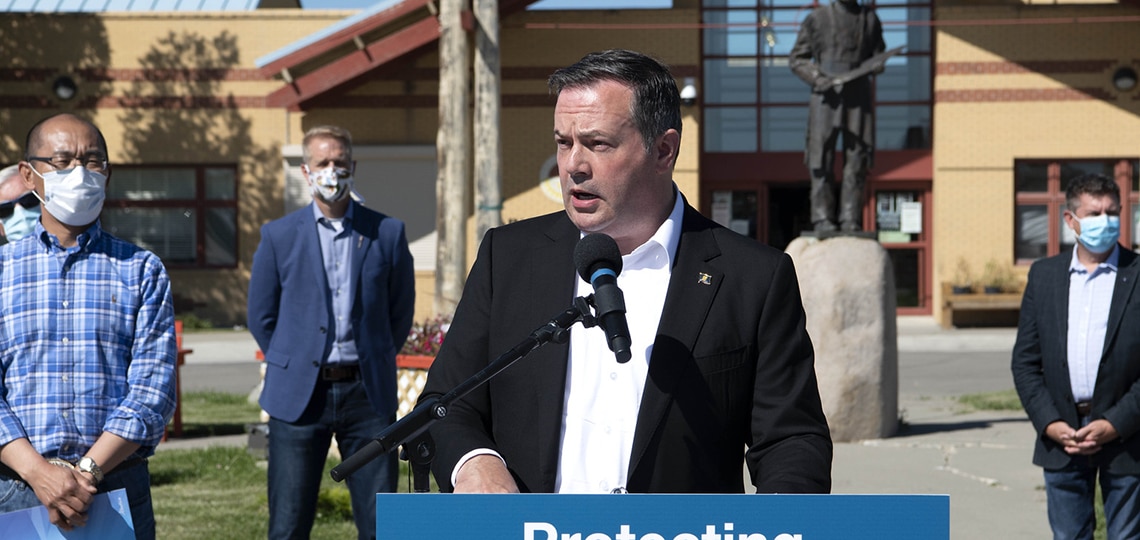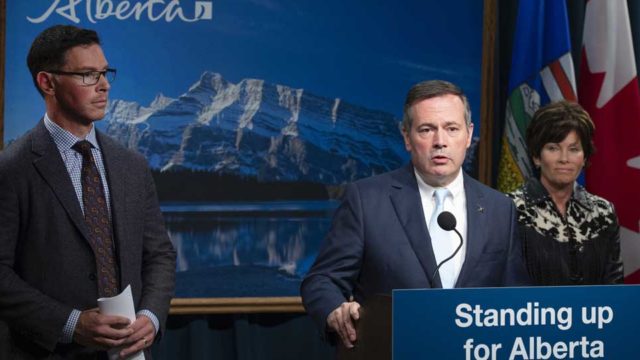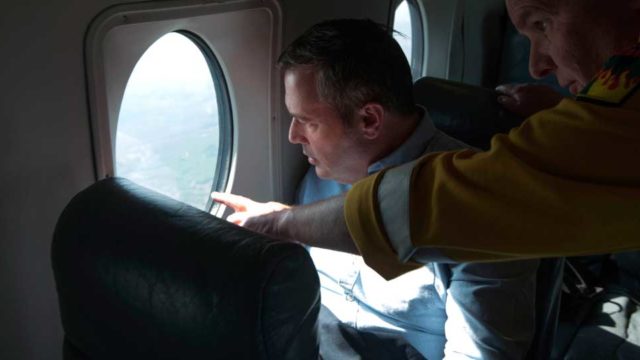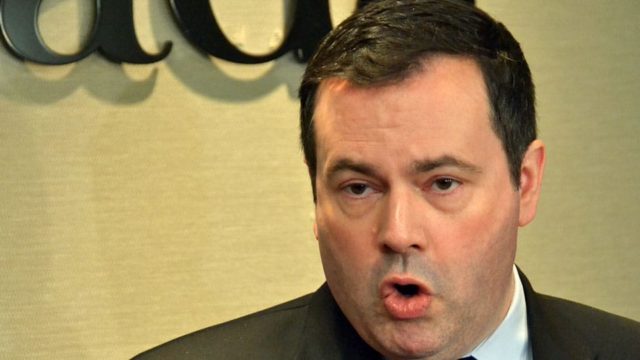After more than a year, millions of taxpayer dollars and nothing to show for it, the deadline for reporting back on Premier Jason Kenney’s toxic public inquiry into “anti-Alberta” charity activities has been pushed back yet again, this time into January 2021.
Commissioner Steve Allan was supposed to close his investigation at the end of October. Instead, he’s admitted it isn’t possible to discern if charities have made “false and misleading” statements. Allan has also asked for more time to write a report on which organizations receive funding from sources outside of Canada — information that, for the most part, is already on the public record.
What’s left is a sham of a process and a drain on public resources that would be better spent supporting Alberta’s schools and hospitals and creating sustainable jobs to help the economy rebound after COVID-19.
This inquiry was never a legitimate exercise. That’s why Ecojustice launched a lawsuit challenging it in 2019.
From the start, Allan’s task was biased, highly politicized and near impossible: To uncover a network of charities supposedly taking money from rich Americans and using it to spin lies about the oil and gas industry. The reality is much less salacious. Yes, some organizations have donors who don’t live in Canada. But this is perfectly legal, hardly a secret and unlikely to make up a significant chunk of charities’ revenue.
The commissioner isn’t going to uncover a hidden “anti-Alberta” agenda by investigating those who speak out about the climate crisis. The real scandal is in the millions of dollars the UCP government has wasted on this misguided inquiry.
Despite this, Allan perseveres. This month, he approached a number of environmental charities, including MakeWay and Stand.Earth, asking them to participate in the inquiry. This puts organizations in a difficult position.
The inquiry appears biased off the bat. Even the name, “Public Inquiry into Anti-Alberta Energy Campaigns,” presupposes that the groups in question are acting against the public interest. Given this, it is unfair to ask organizations to volunteer time and resources to participate in a process that is stacked against them. On the other hand, when organizations decline to partake, they risk being accused of secrecy and give Allan more control over how he frames findings.
This lose-lose situation is one reason Ecojustice asked the court to halt the inquiry until a judge has ruled on whether the process is legal in the first place. In July, our lawyers filed for an injunction against the inquiry. If granted, an injunction would force Allan to stop interviewing and investigating charities and individuals until the court rules on the inquiry’s legality.
Taxpayers shouldn’t have to foot a multi-million dollar bill for an inquiry that isn’t in their best interests. Canadians — and the charities they support — shouldn’t have to divert time and money away from valuable environmental work in order to answer biased questions in a process stacked against them. This is even truer now, as we face a global pandemic, a climate emergency and a biodiversity crisis all at once.
We hope the court will agree and grant an injunction to shut down the inquiry until it can decide whether the process has any merit or — as Ecojustice argues — is nothing more than a hollow political stunt.
This opinion piece was originally published in the Edmonton Journal on Oct. 31, 2020.




